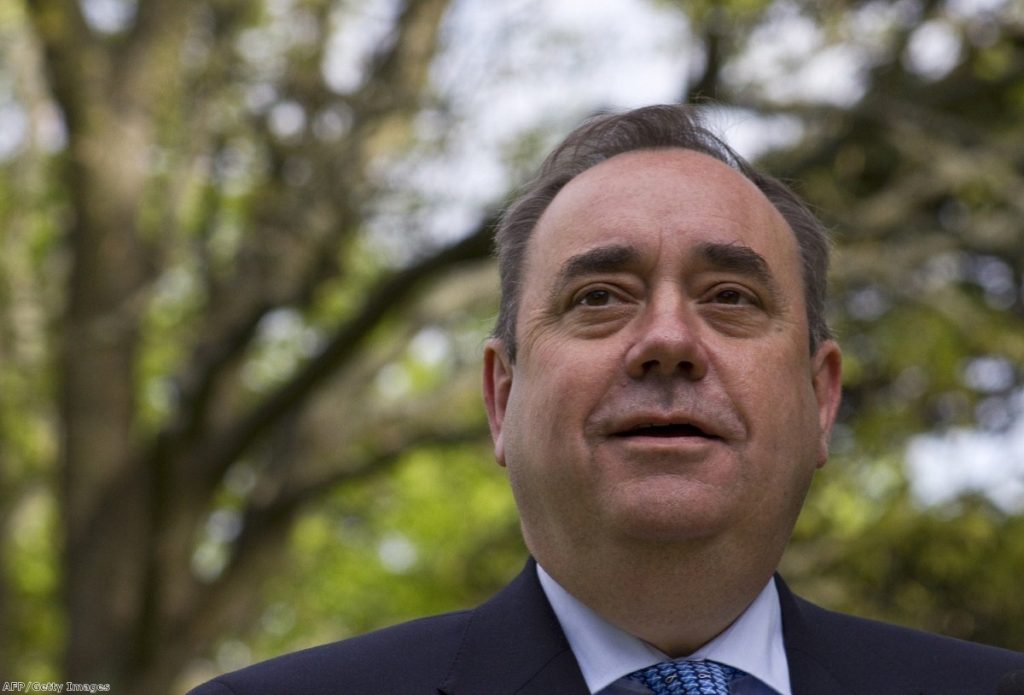Scotland’s new electoral map could boost the SNP’s Westminster presence
The SNP claim they're emerging as the big winners from Scotland's constituency shakeup. Should the Lib Dems be as worried as the nationalists are making out?
By Alex Stevenson Follow @alex__stevenson
Scotland's 59 MPs are spending the autumn carefully calculating their chances of survival as the backroom negotiations over boundary changes continue. Draft proposals redrawing the electoral map north of the border are being debated behind closed doors, as each party tries to work out whether they're emerging on top.
The SNP are remarkably upbeat. They're particularly optimistic about taking on the Liberal Democrats in 2015, who they think have been especially badly hit by the proposed changes. These are seeing the total number of Scottish MPs falling from 59 to 52, while constituency sizes are being equalised. As a result, in some places Lib Dems find themselves having to compete for a single seat.


The highest profile example of this is none other than chief secretary to the Treasury Danny Alexander, who may have to go up against former leader Charles Kennedy – unless the latter accepts a peerage. But there is no love lost between the pair, it's thought, meaning Kennedy may not be too happy with this outcome. He has already made clear he has no intention of giving up his seat. Trouble could be ahead.
Alexander may face a challenge because his seat is incorporating part of Angus Robertson's SNP territory of Murray. And then there's Banff and Buchan, Alex Salmond's old seat, which moves south and takes in large parts of Lib Dem Malcolm Bruce's Gordon constituency. Bruce is having to fight a seat which elected a nationalist in this year's Holyrood elections – and the boundaries are now shifting to help the SNP.
The Lib Dems dispute all this, of course. They point out that the SNP talk up their chances at every general election; they only won six seats in the 2010 vote, after all. Salmond's extraordinary victory in 2011, securing an unlikely overall majority in Holyrood, undermines this claim to an extent – but it's still true that the SNP do not do nearly as well in Westminster elections as they do in the Scottish vote. "We've got this enormous flux here," one source explained.
The true relative positions of the parties might be revealed by how hard they fight the boundary commissioners' initial proposals, however. The SNP are broadly happy with the overall situation. But the Lib Dems are pushing forward with objections across the map. East Dunbartonshire MP Jo Swinson is calling for commissioners to take more heed of the need to stick to natural communities – a classic argument being deployed by those who fear they'll lose out come 2015.









